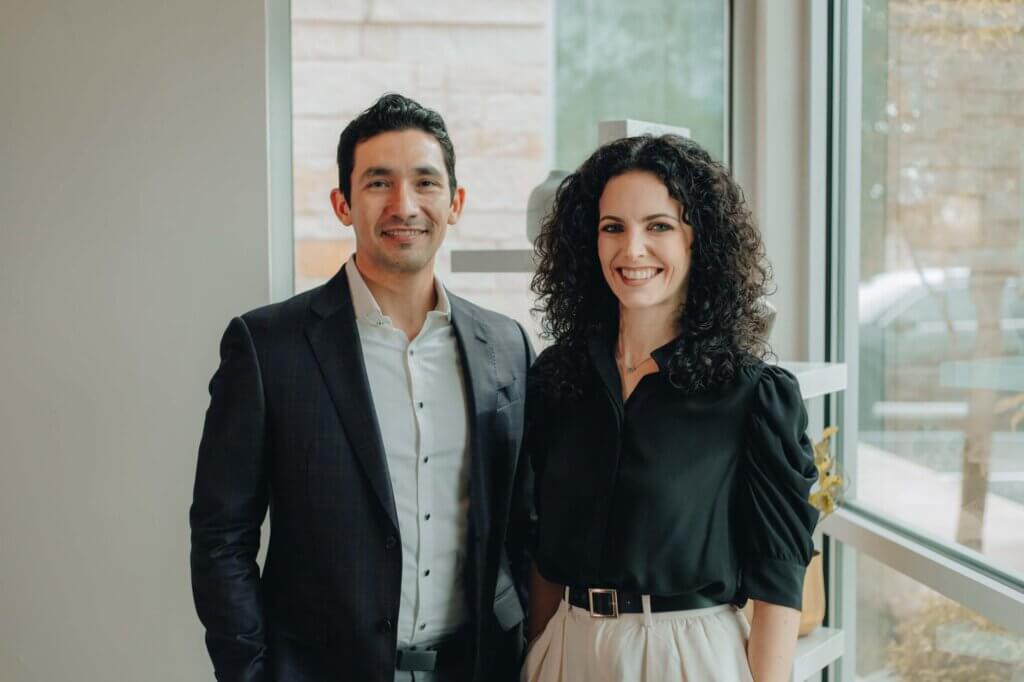It may surprise you to learn that over 90% of adults over the age of 60 have at least one chronic health condition. Nearly 80% have two or more. The good news is that many conditions are preventable by developing good habits.
Although it’s never too early to start preventative care, it’s especially important for adults over 50. Let’s explore some of the most useful habits you should pursue for adult health care.
1. Eat Healthy
This is one of the most important steps to take when it comes to preserving your health. Eating healthy on a regular basis ensures you get the right vitamins and minerals. It also helps you get enough protein and healthy fats.
If you have dietary restrictions, consider supplementation. There’s never an excuse to neglect your nutrient intake, so take action if necessary.
2. Get Regular Exercise
Don’t overlook the power of regular exercise. Staying at a healthy weight goes a long way toward preventing chronic health conditions. It can also make it easier to handle everyday tasks.
Most seniors find that regular physical activity improves their sleep, memory, and energy levels. Alleviating depression is another benefit to consider. Exercise for older adults doesn’t have to be difficult.
You don’t have to jog for miles or pin yourself underneath heavy weights. Your fitness regimen could be something as simple as going for daily walks. Biking, swimming, and hiking are other great activities.
Aim to include a range of different types of exercise in your routine. It’s best to focus on a combination of strength training, balance, and aerobic activity.
Don’t be discouraged if you have health issues that prevent you from partaking in regular exercise. As long as you can move around in some way, you’ll get your blood flowing and strengthen your cardiovascular system.
3. Get Enough Sleep
The importance of sleep can’t be overstated. No matter how structured other areas of your life are, they won’t mean much if you don’t get enough sleep.
Unfortunately, frequent waking and insomnia are common among elderly individuals. However, you can take action by improving your sleep hygiene.
This involves establishing healthy sleep habits to regulate your sleep schedule. Going to bed and waking up at the same time every day is an important step to take.
You should also avoid taking naps, as this could impair your ability to fall asleep at night. Many people are unaware that consuming alcohol can harm your sleep hygiene.
Although it might be easier to fall asleep, you aren’t getting the same quality of sleep as you otherwise would. This is because alcohol suppresses your body’s ability to enter rapid eye movement (REM) sleep. As a result, you’ll likely be tired and groggy even if you sleep for eight hours or more.
4. Socialize Regularly
Some seniors find it difficult to socialize. They might not have regular contact with their friends, they might live alone, etc. However, it’s crucial you do your best to socialize on a regular basis.
This helps reduce stress, and it can fight the loneliness that often comes with aging. It also gives you an opportunity to express yourself to others.
It’s never good to bottle up emotions for long periods of time. If you don’t have friends or family members you can get in touch with, consider joining a local group or organization.
You could volunteer for a cause that resonates with you, for example. Other options include joining hobbyist groups and recreational sports leagues. There are more possibilities than you think, so don’t overlook this obligation.
5. Don’t Neglect Mental Health
Believe it or not, mental health plays a large role in maintaining physical health. Those who feel depressed or alone are less likely to take care of themselves in other ways.
After all, it can be difficult to find the motivation to exercise if you’re stuck in a rut. Practicing mindfulness and meditation are great ways to keep your mental health in check.
Avoid stressors that bring negativity to your life. These come in the form of certain environments, experiences, or individuals. While caring for your mental health, pay attention to your cognitive health.
As we age, our brains need a bit of extra care to stay sharp. Engage in mentally stimulating activities daily, such as reading, writing, or doing some form of puzzle.
6. Focus on Prevention
The best way to handle chronic conditions is to prevent them. Some of the most common that seniors experience are heart issues, cholesterol problems, and cancer. While establishing healthy habits can help protect you, nothing is 100% effective.
It’s crucial to understand your health-related responsibilities as you age. Everyone should have annual wellness exams with their primary care physician to discuss the appropriate preventive care and cancer screenings for their age and gender.
Ensure you get the necessary vaccinations, such as those that prevent influenza and pneumonia. You can substantially decrease the chance of health complications through preventative care.
7. Don’t Skip Your Checkups
Making the time to visit a doctor is often inconvenient. Many people also dislike having to travel to an office.
Put simply, medical appointments are something you should prioritize over everything else. This includes all types of visits, such as going to the eye doctor, dentist, and general practitioner. It may be worth booking an appointment with a geriatrician.
These professionals specialize in working with aging individuals. They’re more likely to understand your needs and provide comprehensive treatment options. The last thing you want is to visit a doctor who brushes off your concerns.
8. Take Medication as Directed
Only take medication exactly as prescribed. This means you shouldn’t modify your dosage in any way. Some seniors mistakingly increase their dosage if their symptoms don’t resolve.
Taking more of a substance doesn’t necessarily mean its effects will become more potent. In many cases, it can lead to serious health complications.
Avoid stopping your medication without consulting your doctor. Some people develop health issues when taking certain medicines, leading them to avoid using them.
Depending on the substance, abruptly quitting can have a negative impact on one’s health. Put simply, you should never deviate from the established guidelines when it comes to prescribed medication.
9. Minimize Your Alcohol Intake
Many people view having a few beers can be a great way to unwind and to help you socialize.
However, keep in mind that generally speaking, alcohol is not good for you. If you choose to drink, there are limits to consider.
Men should have no more than two drinks per day, while women should limit themselves to one. Prolonged alcohol use can damage your health and lead to problems like liver complications, high blood pressure, and increased risk of many types of cancers.
As you age, you should gradually taper the amount of alcohol you consume on a regular basis. It’s best to preserve alcohol for special occasions, such as a birthday or specific holiday.
10. Quit Smoking
Because of the compelling evidence that smoking cigarettes is a known carcinogen, it’s best to quit entirely.
It dramatically increases your chances of developing lung cancer, throat cancer, and esophageal cancer. Long-term smokers are also more likely to experience diabetes, high cholesterol, and high blood pressure.
Quitting smoking is notoriously difficult, meaning you should leverage every resource you can. The sooner you kick the habit, the sooner you can take your overall health to the next level.
11. Know Warning Signs That Need Attention
Not every health complication warrants an emergency visit to the doctor. There are certain warning signs, though, that you can never ignore. These include:
- Loss of balance
- Tingling or numbness
- Shortness of breath
- Dizziness
- Rapid weight loss
- Wounds that don’t heal
- Chest pain
- Palpitations or racing heart
- Confusion
If you notice one or more of these, take action as soon as possible. They’re often signs of a serious underlying issue.
Problems like these need immediate attention. Left unchecked, they can quickly spiral out of control. A doctor can perform tests to rule out certain conditions and come up with a treatment plan.
12. Adapt When Necessary
As you continue to age, your needs will change. You may find it difficult to perform tasks that were once easy.
You might even develop an intolerance to certain foods. These changes can come quickly and unexpectedly.
While you can’t always predict them, you should do your best to adapt. A common scenario could involve someone developing arthritis as they get older.
This could impair their ability to participate in recreational sports. Rather than completely give up on physical activity, they should look for alternative ways to stay active.
You can apply this principle to any change that occurs in your life, whether it’s cognitive or physiological. As long as you’re willing to adapt, you can maintain your quality of life.
Never Neglect Adult Health Care
Now is the best time to develop adult health care habits. These will go a long way toward maximizing your quality of life and protecting you in the future. Just be sure to stay consistent!
Reach out to us at Salveo Direct Care today. Our team of qualified professionals can assess your situation and find the best solution for your needs.


